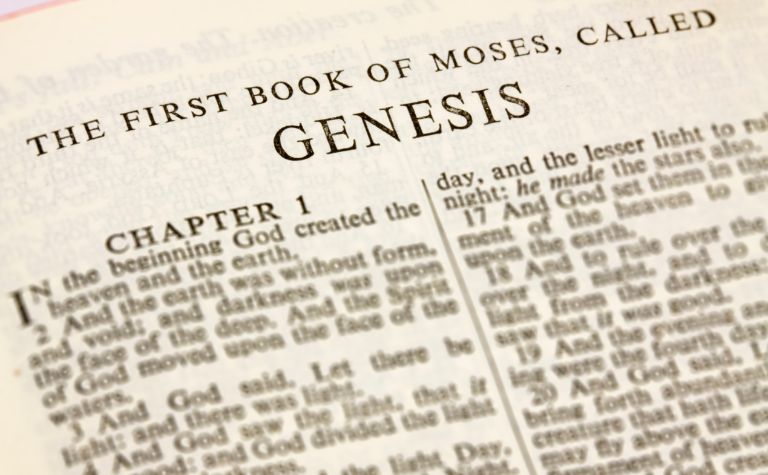The Book of Genesis, the first book of the Bible, is a cornerstone of Judeo-Christian tradition. Understanding its origins provides deeper insight into its significance and the context in which it was written. In this blog, we’ll explore when Genesis was written, examining historical, theological, and scholarly perspectives.
The Composition of Genesis
Historical Context
The traditional view holds that Moses wrote Genesis along with the other four books of the Pentateuch (Exodus, Leviticus, Numbers, and Deuteronomy) around the 15th century BC. This view is based on biblical references such as Jesus’ words in John 5:46: “For if you believed Moses, you would believe me; for he wrote of me.”
However, modern scholarship often dates the composition of Genesis to a much later period. Many scholars suggest that Genesis was written or compiled during the Babylonian exile in the 6th century BC. This hypothesis is supported by similarities between the Genesis creation narrative and other ancient Near Eastern texts like the Enuma Elish.
Biblical References
Genesis itself does not specify when it was written. However, certain verses provide clues about its purpose and intended audience. For example, Genesis 1:1-2:3 establishes a theological foundation for the Israelites, emphasizing God’s sovereignty as the Creator. Genesis 12:1-3 highlights God’s covenant with Abraham, which is central to Israel’s identity.
Scholarly Perspectives
The documentary hypothesis suggests that Genesis is a compilation of sources written by different authors over several centuries. These sources, often referred to as J (Yahwist), E (Elohist), P (Priestly), and D (Deuteronomist), were combined to form the Pentateuch. According to this view, Genesis reached its final form during the post-exilic period, around the 5th century BC.

Key Themes and Verses
Creation and Covenant
Genesis covers the creation of the world, the fall of man, the flood, and the patriarchal narratives. Key verses include:
- Genesis 1:1: “In the beginning, God created the heavens and the earth.”
- Genesis 12:1-3: “The Lord had said to Abram, ‘Go from your country, your people and your father’s household to the land I will show you. I will make you into a great nation, and I will bless you; I will make your name great, and you will be a blessing.'”
Theological Significance
Genesis lays the foundation for the rest of the Bible, introducing key themes such as creation, sin, and redemption. It establishes God’s relationship with humanity and His covenant with the Israelites, which is a recurring theme throughout the Bible.
Conclusion
The Book of Genesis is a foundational text in the Bible, rich in historical and theological significance. While the exact date of its composition is debated, its impact on Judeo-Christian tradition is undeniable. Whether written by Moses in the 15th century BC or compiled during the Babylonian exile, Genesis continues to inspire and inform believers around the world.







